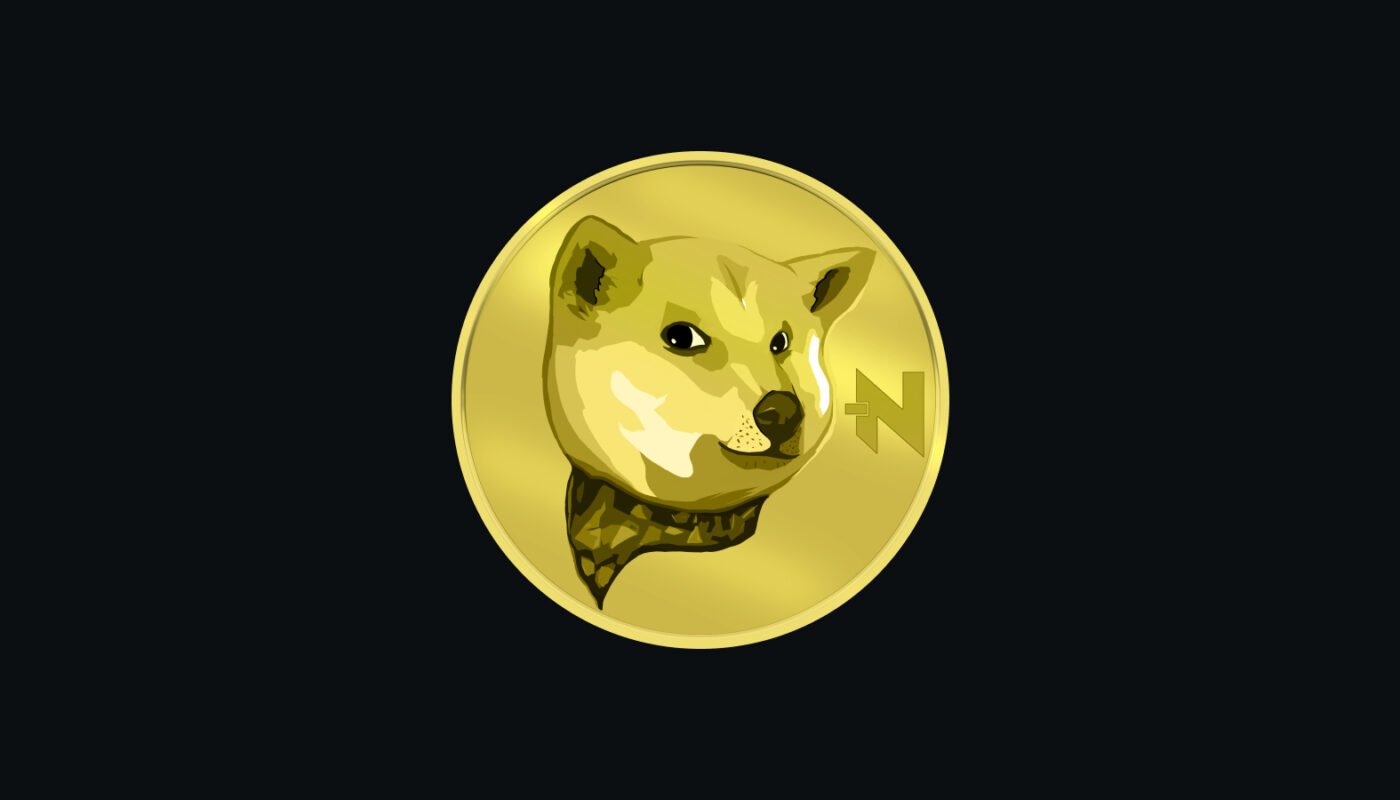
The recent acquisition of intellectual property (IP) rights to Neiro, a Shiba Inu dog owned by Atsuko Sato—the caretaker of Kabosu, the original “Doge” meme dog—has intensified discussions within the cryptocurrency community. This move, led by the Own the Doge decentralized autonomous organization (DAO), aims to establish an “official” Neiro meme coin, highlighting the growing trend of IP-backed tokens in the digital currency market.
Neiro, a ten-year-old rescue dog, became part of Sato’s family earlier this year, following the passing of Kabosu. The introduction of Neiro was met with enthusiasm online, leading to the creation of multiple Neiro-themed meme coins across various blockchain platforms. However, the absence of official endorsement or IP rights led to concerns about the legitimacy and authenticity of these tokens.
In response, the Own the Doge DAO, which holds the IP rights to the original Doge meme, secured the rights to Neiro’s likeness and name. This strategic acquisition is intended to provide a legitimate foundation for an official Neiro meme coin, distinguishing it from unlicensed counterparts. Members of the DAO are expected to vote in the coming weeks to determine which Neiro meme coin will receive official IP status, a decision that could significantly influence the token’s market value and acceptance.
The rise of IP-backed meme coins reflects a broader trend in the cryptocurrency market, where digital assets associated with popular internet memes gain substantial attention and investment. Tokens like Dogecoin and Shiba Inu have demonstrated the potential for meme-based cryptocurrencies to achieve significant market capitalizations. However, the proliferation of unlicensed meme coins has raised concerns about investor protection and market integrity.
The establishment of official IP rights aims to address these issues by providing a layer of legitimacy and authenticity to meme coins. This approach seeks to protect both the creators’ rights and investors from potential scams associated with unlicensed tokens. The cryptocurrency community has shown increasing interest in IP-backed tokens, viewing them as a means to ensure the credibility of meme-based digital assets.
Despite the potential benefits, challenges remain in implementing IP-backed meme coins. The decentralized and often anonymous nature of the cryptocurrency market makes enforcement of IP rights difficult. Additionally, the rapid creation and dissemination of meme coins can outpace efforts to establish official endorsements, leading to a proliferation of unlicensed tokens that may confuse or mislead investors.
The forthcoming vote by the Own the Doge DAO represents a pivotal moment in the evolution of meme coins. A decision to endorse an official Neiro meme coin could set a precedent for how IP rights are utilized to legitimize digital assets in the cryptocurrency market. This development underscores the increasing intersection of internet culture, intellectual property law, and digital finance.
As the cryptocurrency market continues to evolve, the role of IP rights in legitimizing digital assets is likely to become more prominent. The case of Neiro’s IP acquisition illustrates the complexities and opportunities at this intersection, highlighting the need for clear guidelines and strategies to navigate the rapidly changing landscape of meme-based cryptocurrencies.




